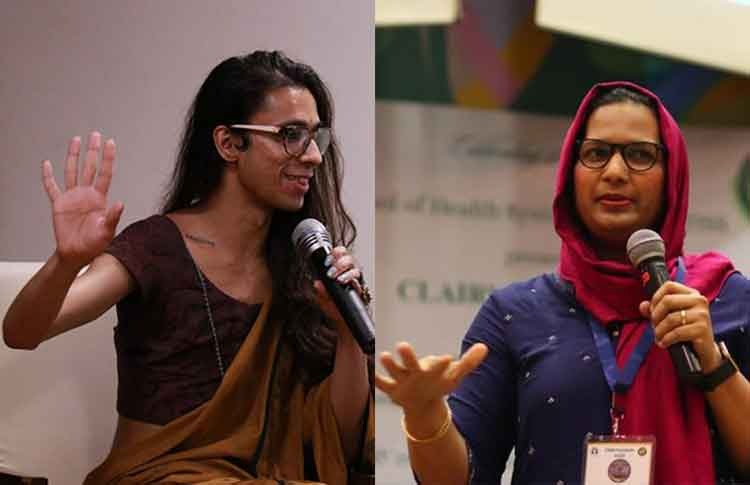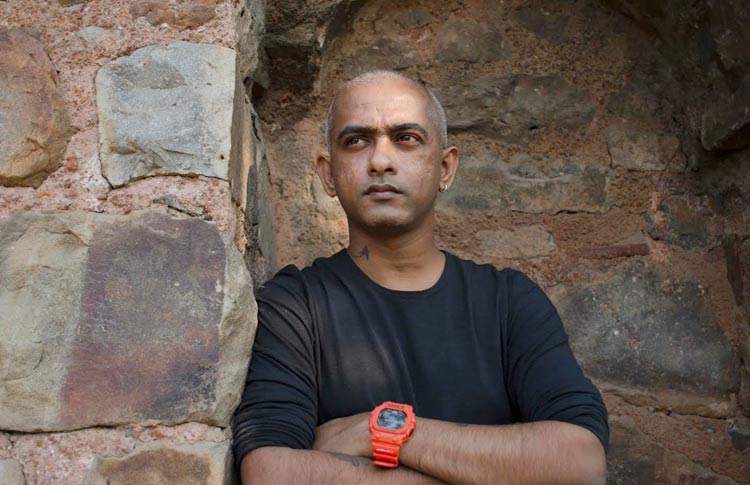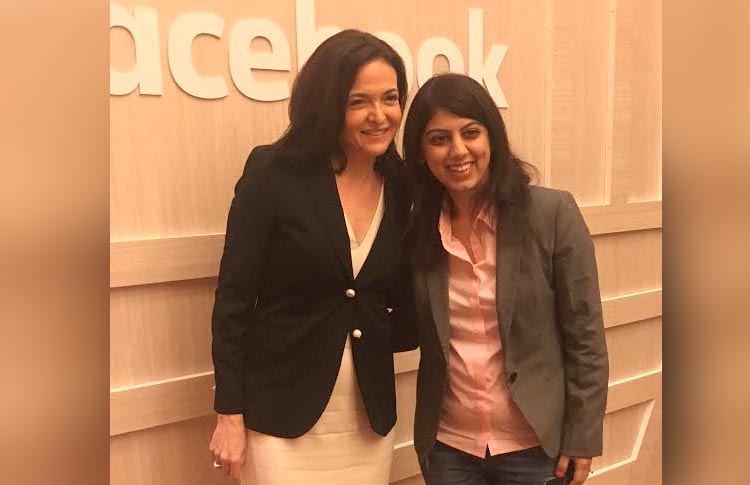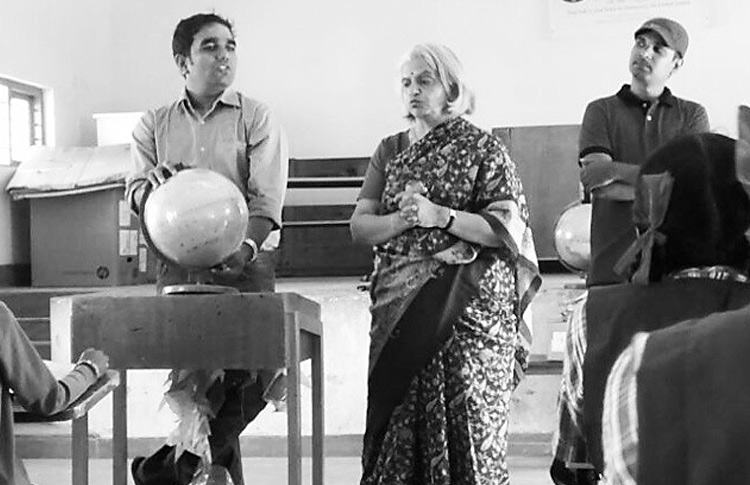Personal Safety Educator Mariam Rauf Stresses That Children Should Be Given PSE Even Before They Join School
- IWB Post
- August 23, 2018

To address child sexual abuse in a larger and more impactful way, Mariam Rauf quit her job in the social sector by the end of 2017 to become a personal safety educator. A child sexual abuse survivor herself, she wants Personal Safety Education (PSE) to be compulsory in all schools in Kerala.
She also started a petition for the same on Change.org, which was addressed to Kerala State Commission for Protection of Child Rights (KeSCPCR) and the Minister of Education Professor C Ravindranath. The petition had over 25,000 signatures at the time of writing.
PSE, as Mariam explains, is a blend of life skills and safety education. “Ideally children should be given PSE even before they join the school. Simple things like parents educating them about their body and their genitals, and empowering them to express their discomfort, even if it is to do with a hug,” she tells The News Minute.
She adds, “This is not just important for preventing child sexual abuse and increasing reporting, but also to build self-confidence, a healthy body image, gender sensitivity… And also, to tell them about body safety rules. And what they can do if someone breaks these rules.”
Mariam further explains that with the help of PSE, children will understand their right to their bodies and be free of guilt that often holds backs a survivor from confronting. She explains, “So, even if a child takes away nothing else from it but that they should not be blamed for another person, the abuser, violating the rules, and they at least know that it’s not their fault. Guilt and shame are major factors holding back survivors.”
Owing to the taboo surrounded around sex education, there are many schools and parents who hesitate to participate in PSE. “The first misconception which makes parents and caretakers believe that their children don’t need PSE is, ‘this won’t happen to my child’ or ‘this won’t happen in my family or in this school’. But we know that’s not the case,” Mariam says. She continues, “The second reason is a lack of openness, even if a child wants to talk about it. One, there is the discomfort that a parent or adult may feel in speaking to a child about this. This then transfers to the child as well who feels they cannot speak about it.”
Mariam further explains, “A lot of times if a child even tries to explain the abuse, the parent or adult may not understand because the child does not have the vocabulary. For example, if a young child says they did not like when the abuser hugged them, it may not immediately raise a red flag for the parent. Then, because a child does not have the vocabulary or confidence to confide about the abuse, they try to avoid the abuser. But, say, if they refuse to go to a certain relative or doctor, it is simply taken as a sign of rebellion.”
Mariam feels strongly about the issue because she is a survivor herself. At different stages of growing up, she was abused by different people – from her house help to a relative to a shopkeeper to a doctor.
She was only three years old when she was first sexually abused, which she didn’t stop until she turned 14. And, she realised what had actually happened to her when she was 19.
“If I had the awareness about the fact that what was happening to me was wrong, and the vocabulary to describe it, I think it would have helped me,” says the 22-year-old, “I would have been more comfortable with my body, would have been able to speak about it more clearly. I would have been a healthier person overall.”
H/T: The News Minute
- 0
- 0












